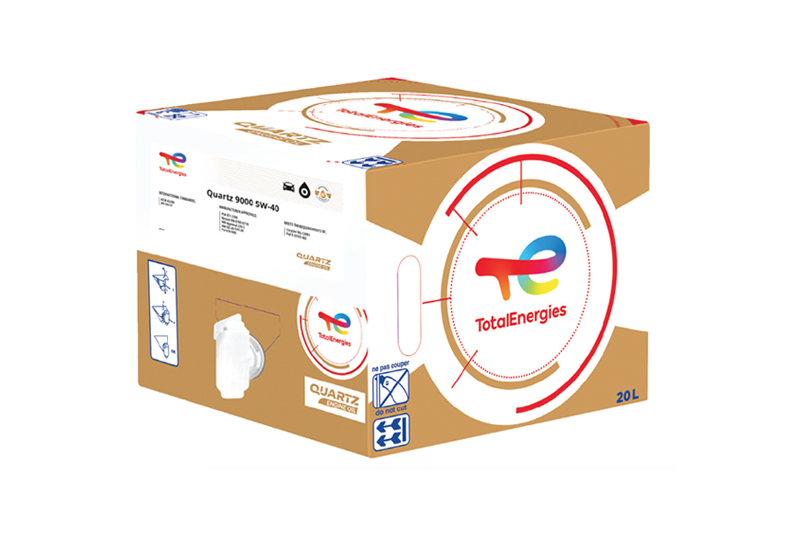
TotalEnergies Marketing UK Business Development Manager, David Valentyne, has his say on the road to ‘net zero’ and believes the automotive industry, which includes motor factors, is beginning to adapt:
We are in a transitional moment: there are now around one million EV and plug-in hybrid cars on UK roads – with sales rising considerably in recent years. This is, however, roughly equivalent to the total number of Citroëns on the road alone…
This has significant implications for the sustainability agenda, with it being imperative to ensure that the running and maintenance of the UK’s legacy vehicle fleet is as carbon-effective as possible, while alternative fuelled vehicles become more ubiquitous. Drivers believe that electric cars will outnumber diesels on UK roads by 2030, according to a survey by the AA.
First and foremost, the higher the quality of oil, the better the engine performance – including emissions reduction – and the longer the lifespan of the vehicle. Well-maintained vehicles, for instance, can increase their fuel efficiency by around 4%, while extending a car’s lifespan can have an equal or greater environmental impact than switching to a new vehicle – even one with a more energy efficient engine, according to recent academic research. Taken together this can significantly improve the overall carbon impact of drivers.
But there are wider issues, too, not least in terms of the operational and logistical systems and processes within the aftermarket industry.
Top down and bottom-up pressures
Change is being driven by a number of forces: garage technicians are increasingly having to stock a larger number of lubricant references in workshops to meet a growing list of manufacturer requirements, in line with both evolving consumer demand and regulatory compliance including with environmental standards. This in turn, leads to challenges around available space, logistics and waste management.

Customer demands are also changing; they are becoming increasingly climate-conscious with many placing an emphasis on the environmental impact of their driving, and therefore the lubricants they choose to use.
However, the industry must look at more than just the technical characteristics of the specific oils they stock.
Supply chain, packaging, and the challenges that come with waste and recycling need to be considered holistically and as part of a nuanced approached to carbon footprint mitigation.
Sustainable solutions
From when an order is placed for a product to the point where waste oil leaves the workshop, each step of the journey has the potential to contribute to reducing emissions.
For instance, TotalEnergies recently launched its new QuartzBox, eco-efficient packaging designed to meet the requirements of garage technicians and the motor industry.
The packaging has a durable inner bag inside a 100% recycled cardboard box where the lubricant is poured directly through a no-spill tap. This reduces the risk of spillage and makes life easier for technicians working on the garage floor.
The TotalEnergies QuartzBox approach reduces the use of plastics – 86% less compared to equivalent volume rigid plastic containers – meaning less waste.
It also saves space and maximises storage efficiency. Boxes can be stacked efficiently six to a shelf when full and folded flat when empty, taking up far less space than bulky rigid plastic containers and freeing up room in the workshop, improving health and safety profiles while also giving businesses more space to stock a wider range of products.
The design also means that 20% more volume can be packed per pallet, resulting in less frequent deliveries and fewer trucks on the road.

There are, of course, considerations beyond the delivery and storage of product. Oil spillages in workshops and garages are common, and the safe disposal of waste oil often a headache. Tailored waste oil collection services can make a significant impact, collecting waste product which can then be recycled into new, high-performance lubricants – improving the circularity of operations.
Addressing the carbon footprint of lubricant production, distribution, storage and disposal is essential to making incremental environmental improvements in motor transport as part of the net zero movement.
As the climate change mission continues apace, motor factors have an essential role to play in facilitating the transition to a more sustainable motor industry. There is a global drive towards minimising carbon footprints, and the reality is that the automotive industry must get smart about how it helps effect and adapt to change, whilst also keeping people and the economy moving. The solutions are out there, and the industry is certainly ready for the challenge.







